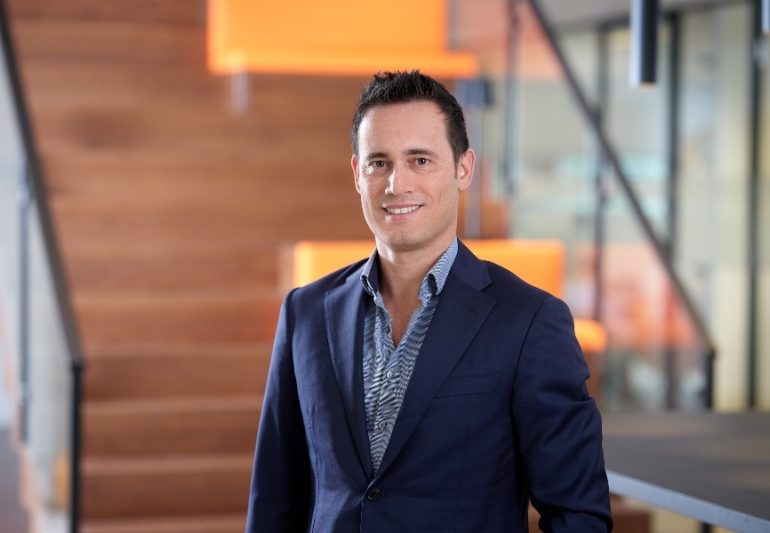While the global pandemic has led to significant challenges for the majority of the world, some of the 178 new entrants on the 2020 Forbes World’s Billionaires list have profited from the change of pace.
Larry Xiangdong Chen
Net worth: $4.5 billion
Residence: China
Larry Xiangdong Chen is the founder and chairman of GSX Techedu, a U.S.- listed education firm that went public on the New York Stock Exchange in 2019. Following the outbreak of the novel coronavirus in China and the subsequent trend towards distance learning, Chen’s online tutoring program, GSX Techedu, surged in popularity. Shares nearly doubled from early January through March 18, 2020, landing Chen on the billionaires list with a $4.5 billion fortune.
Byju Raveendran
Net worth: $1.8 billion
Residence: India
Former math tutor, Byju Raveendran, founded online ed-tech company BYJU’S in 2011. Amid the COVID-19 crisis in April, BYJU’S, which normally charges around $400 for 1,000 hours of tutoring and mock tests, began offering free guidance to help students who stuck at home. The company’s last funding round in January 2020 valued it at $8 billion. BYJU’S investors include Mark Zuckerberg and Tencent.
Eric Yuan & family
Net worth: $5.5 billion
Residence: U.S.
Eric Yuan is the founder of Zoom—a video communications tool that went public in April 2019. To address the need for video communication in the education sector, he has offered Zoom’s video services for free to K-12 schools affected by the coronavirus pandemic in China, Japan, Italy and the U.S. Shares of Zoom doubled in value from January 3 through March 18. Yuan owns a 46% stake in the company.
Jitse Groen
Net worth: $1.2 billion
Residence: Netherlands
Jitse Groen is CEO of Takeaway. com—a Netherlands-based food delivery service that services 10 European countries. He founded the company in 2000 as a student and took it public on the Euronext Amsterdam in 2016. In early January 2020, Takeaway.com outbid a rival to acquire British food delivery service Just Eat for $7.7 billion. The platform has now turned to a no-contact delivery method to prevent the spread of the virus and keep users fed.
"Forbes Georgia-ის სარედაქციო ბლოგპოსტების სერია "როგორ გამდიდრდა“ და "საქართველო რეიტინგებში".














